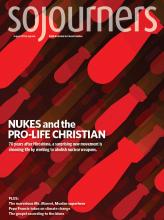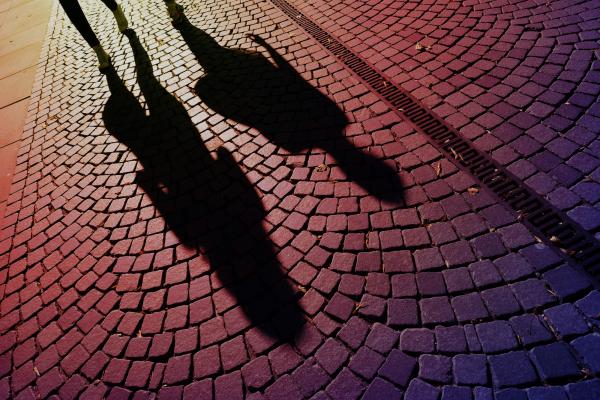“IT ALL STARTED with pig races,” said Dawud, the groundskeeper at the Muslim American Society’s mosque in Katy, Texas. Soon after the group purchased the land, their neighbor, Craig Baker, began hosting well-publicized hog heats for some 300 spectators every Friday evening. Baker’s timing was deliberate, chosen to correspond precisely with the jummah prayers—the holiest time of the week for Muslims—and to offend their dietary restrictions, which forbid pork.
That was back in 2006. Today, things are more peaceful. Follow the narrow road that curves amid loblolly pines and sage grass, and you’ll see sun gleaming off the black roof of the now-finished mosque. “It was a matter of disagreement, but it’s over now,” said Dawud last fall. “I am happy it’s done and we are at peace.”
But while the pig races have ended, signs of hostility linger: Two blue and white billboards bearing a Christian cross and a Star of David are posted just off the edge of the mosque’s property. The intended message isn’t subtle: “Muslims, you don’t belong here.”
Though many Americans actually had favorable views of Islam after 9/11, a recent study by Georgetown University’s Bridge Initiative found that those views became increasingly negative throughout the Iraq war.
Read the Full Article

